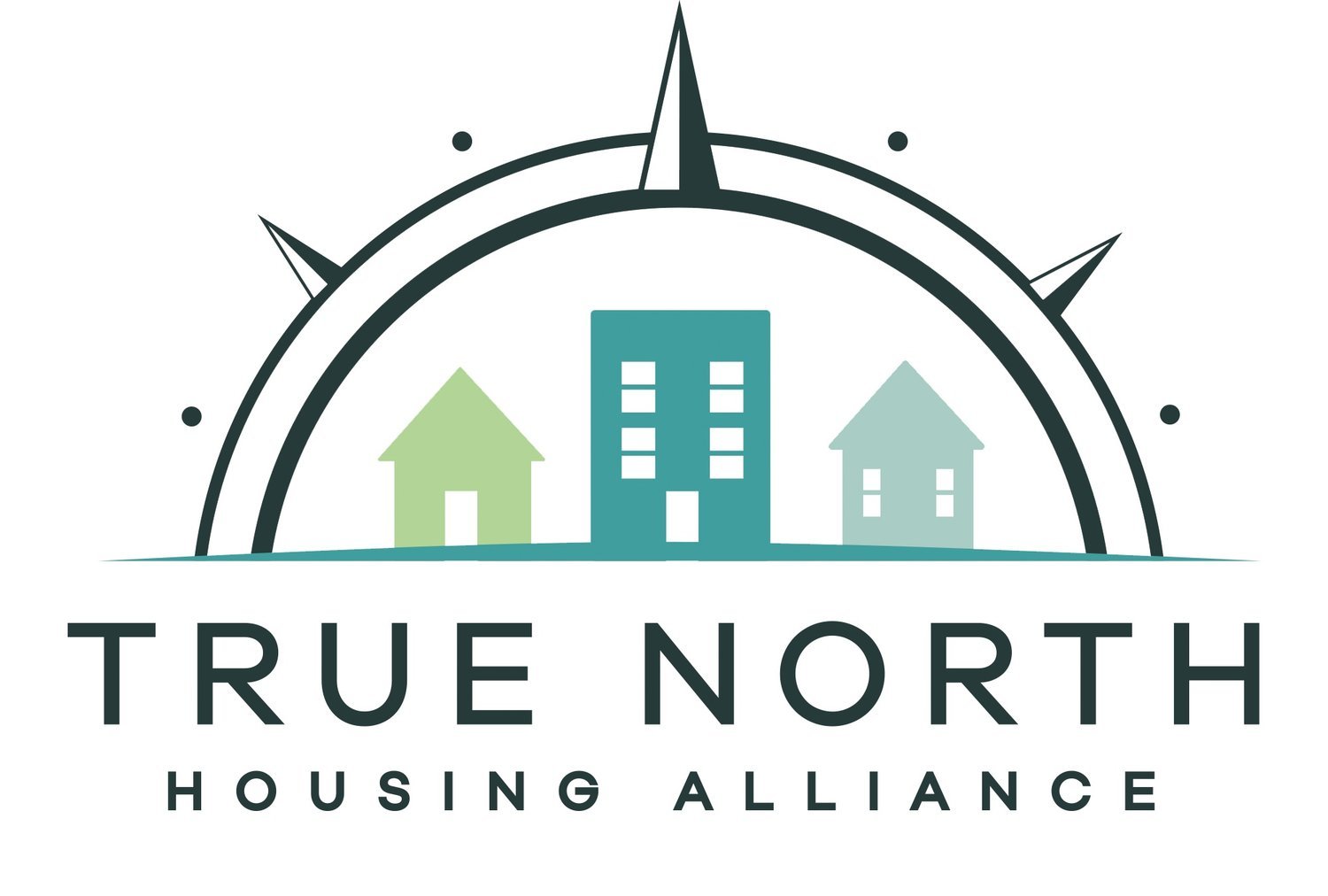The Life of a True North Case Manager
At True North Housing Alliance, our team of dedicated case managers works very closely with individuals experiencing homelessness in Butte County. They are front-line problem solvers, working day-in and day-out alongside our clients to help them tackle challenges and break down the barriers in their way.
Brittiney N. has been a case manager at True North Housing Alliance for the past three years and with our organization for five years total. Our team of case managers serve as advocates, cheerleaders and mentors for our clients, she said, helping guide them on a path forward and out of homelessness.
“We help the clients out of homelessness, that’s the goal: we want to get them all into permanent housing,” she said. “We do that with a three step process: stability, income and housing.”
Each of these steps varies for each client, because every person’s story and needs are unique. True North tailors our programs to meet our clients where they are at in order to best serve them.
Stability can entail helping clients secure mental health treatment services or substance use disorder treatment. It can also look like helping an individual create a resume and look for employment after losing a job.
Income is key to securing housing. Our case managers do this by helping those we serve search for employment and prepare for interviews. They work with seniors and/or those who are blind or disabled (a significant portion of our population) by helping them with Supplemental Security Income or Social Security Disability Insurance applications or re-certifications.
Then, our case managers focus on finding affordable housing, identifying what they qualify for, getting them on wait lists and keeping track of their progress. They help those we serve with creating, paying for and submitting housing applications.
There are significant barriers in this process, including a lack of affordable housing and current rental requirements. Our clients struggle to secure enough income to make three times the rent. Others have poor credit or a poor rental history with evictions. A lack of rental history is also a big challenge, especially for those who have been chronically homeless.
It can also take months of intensive work with case managers for our chronically homeless clients with long-term mental health and/or substance abuse challenges in order for them to achieve stability, which is key for them to not only secure housing but to maintain it. Case managers make sure they get connected with mental health and sobriety services—like Behavioral Health, the Salvation Army, In-Home Supportive Services—and that they are following through and receiving treatment.
“The ultimate goal is to get them housed and make sure that they can be successful and maintain their housing in the long run,” Brittiney said.
Ultimately, this job is one that requires patience, empathy and resilience, especially with the challenges our team faces and the complex needs of our chronically homeless population. Our case managers have been successful because they are dedicated to our mission of moving people forward and out of homelessness with compassion, dignity and accountability.
Last year, we served 353 individuals and helped secure permanent housing for 62 people. That’s 18 percent of our total shelter population. Our Aurora North Bridge Housing Program for families served 82 individuals and helped 29 secure permanent housing—that is 35 percent of the overall population. According to the National Alliance to End Homelessness, 10 percent is considered a “good” housing outcome.
“What I love about this job is meeting our clients and hearing their stories, getting to know them and helping them overcome all the obstacles they have faced,” Brittiney said. “Watching them blossom and going into housing, especially when it’s been such a long road for them, the moment that they are in housing, they finally made it, it’s indescribable.”
